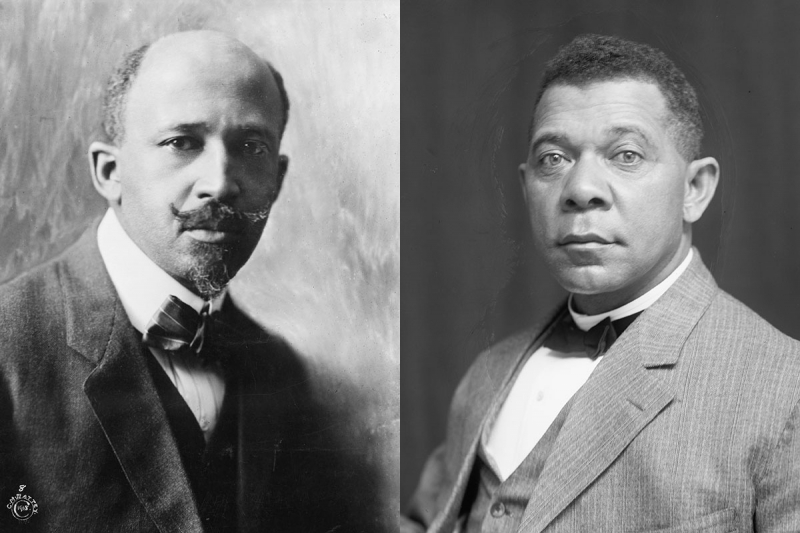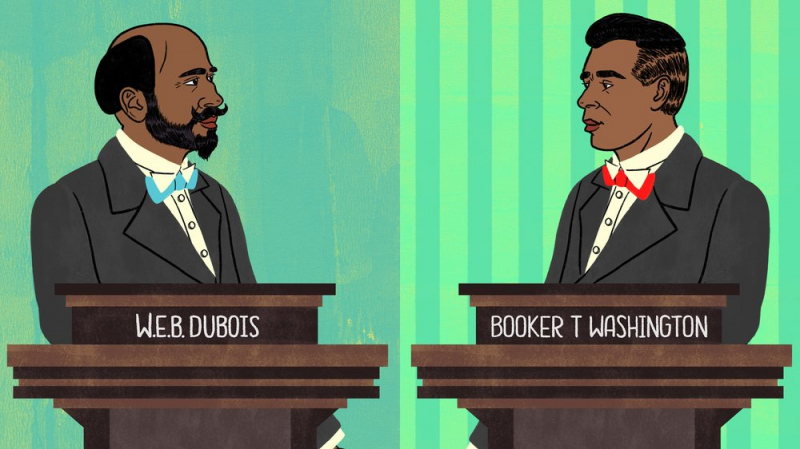He provided covert funding for initiatives that supported the advancement of civil rights in the United States, notably in the South
W.E.B. Du Bois and Booker T. Washington were two outstanding black community leaders in the late 19th and early 20th centuries. On plans for the social and economic advancement of black people, they disagreed vehemently. Many of the current debates on how to solve racial and socioeconomic injustice, the function of black leadership, and what the "haves" in the black community owe the "have-nots" reflect their divergent ideologies.
To put it mildly, Washington's legacy and effects on civil rights are complicated. Other Black leaders, including the founder of the NAACP W.E.B. Du Bois, criticized him for advising Black Americans to focus on working hard and improving their economic circumstances through education and entrepreneurship rather than directly opposing segregation or battling for political and social rights. Some saw this as supporting the "separate but equal" policies of the Jim Crow era.
Washington's opinions were influenced, in part, by his desire to shield Black people from white confrontation and his belief that cooperation would lead to the eradication of racism in the long run. Washington was privately involved in funding and backing numerous legal actions against segregation and voter suppression, despite his public pronouncements that appeared to avoid conflict. To raise awareness of these concerns and fight injustice and inequality, he also made covert investments in important Black newspapers and periodicals around the nation.












